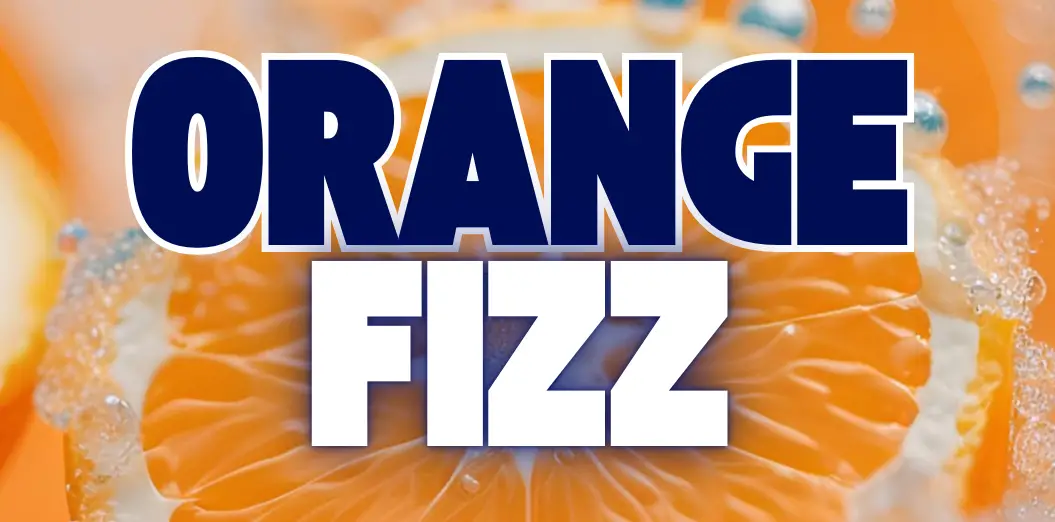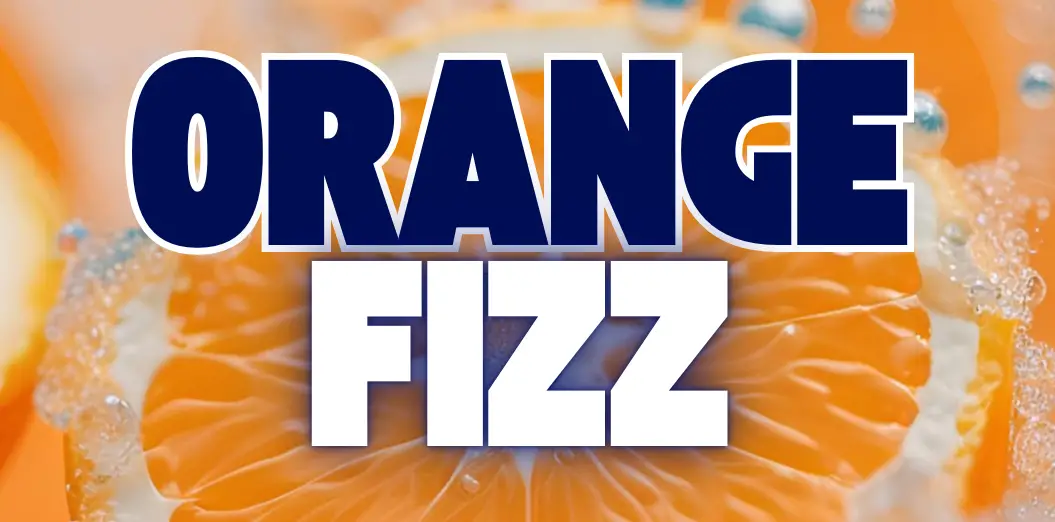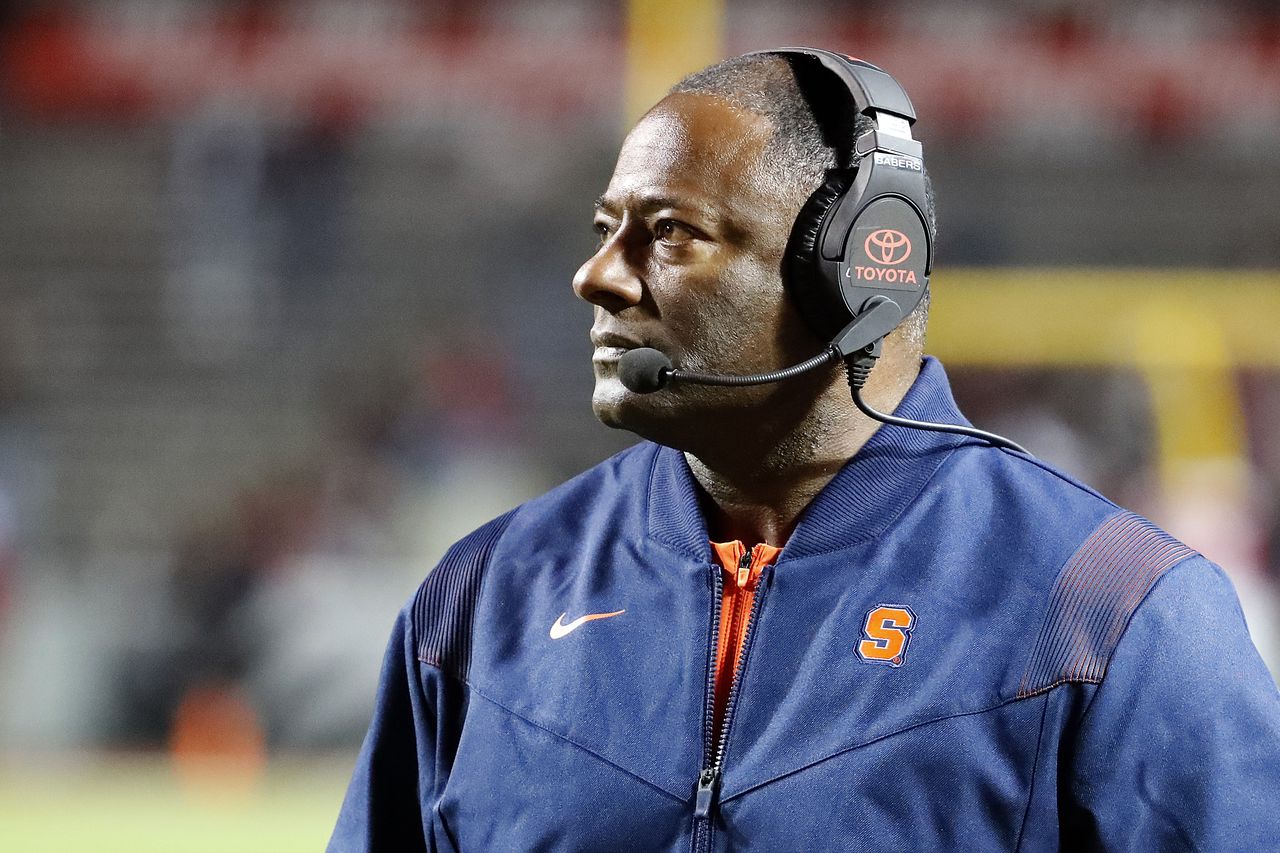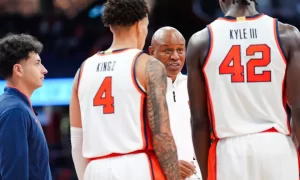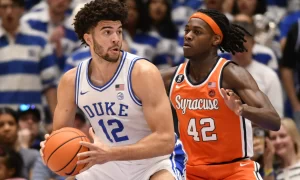Another season of SU football is in the books, and for the seventeenth time in the last 22 seasons Syracuse will not partake in a bowl game. The ending may be familiar, but the past season was a topsy-turvy one that reinvigorated the program after a pandemic-marred 2020. Even at 5-7, a four-win improvement would normally be laudable for a head coach. SU head man Dino Babers hasn’t necessarily had the same luxury.
All season long and even the day before SU played Pitt last Saturday Рwith a bowl berth on the line, mind you Рthere were purposeful conversations being held about Babers’ job security. It was a topic of discussion here at the Fizz early in the year, too. Fairly or not, Babers has made himself a target throughout his tenure. His record now sits at 29-43 through six seasons with one bowl appearance. This year, it wasn’t Dino’s fault that his team slammed into a brick wall against a heavy-hitting final trio of opponents during its last three weeks. However, it was his fault that the team was a play here or an accepted penalty there from potentially scoring rare ACC upset victories and making the last month of the season less tenuous. 
However, all that conversation didn’t amount to much. Babers was never going anywhere no matter how this season went.
The reality of the situation is one that nobody seemed to want to say out loud, and that’s that Syracuse simply doesn’t have the capital to discard coaches at the rate of other programs. That’s especially true when they sign post-bowl game extensions. That truth isn’t so much an elephant in the room so much as it is an elephant on top of the program.
Via SU‚Äôs publicly available IRS 990 form, Babers made $3.5 million in 2019 and it’s generally believed that his still-undisclosed 2018 contract extension goes through the 2024 season. For better or worse, Syracuse can‚Äôt engage in the kind of wasteful practices that have embodied recent hair-trigger college football hirings and firings.
It was recently calculated that between 2010 and 2021, FBS schools spent over $533 million dollars in dead money alone. Put simply, schools combined to pay fired employees obligated contractual money even though they weren’t contributing anything to the university or the team. Former LSU head coach Ed Orgeron is owed $16.9 million by the school to be paid through 2025 Рand his vacancy with the Tigers was just hastily filled by Notre Dame’s Brian Kelly in one of the more shameful episodes for the sport in recent memory.
Syracuse isn’t LSU or Notre Dame. The school just invested a ton of money in Carrier Dome renovations during a time when it literally couldn’t sell tickets to sporting events. Even if Babers had doubled down with another 1-10 dud in 2021, it seems unlikely he would’ve been fired if for no other reason than SU’s lack of desire to take on the rest of his dead contract payments.
That’s not to say Babers was only kept around this year (and next) for money. He’s an engaging coach Рperhaps the program’s most likeable since Dick MacPherson Рwho plays nicely with the media and has recruited some genuine diamonds in the rough. Running back Sean Tucker is almost surely SU’s best player, and his support of Babers should make everyone take notice. 
Babers isn’t without flaws, but he’s what Syracuse has and will have for the near future. Any talk of his imminent firing is disingenuous, and it’s mostly because Syracuse isn’t willing to burn money like the nation’s premier football factories. It’s up to you to decide if that’s a good thing or not.
